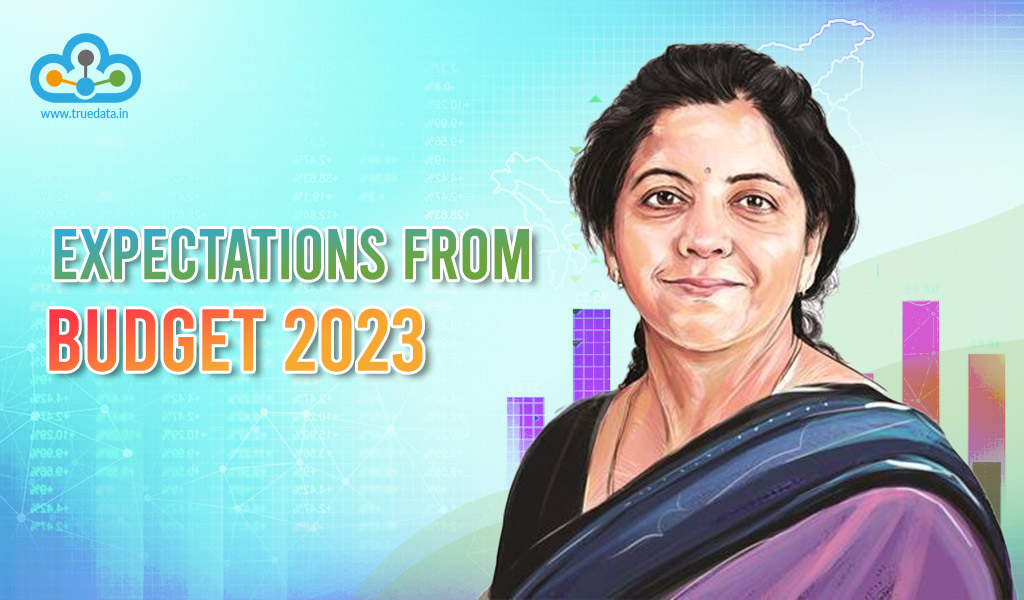
The annual budget is one of the first major events at the start of the calendar year. The Union Budget 2023 is further special as it is the last full year's budget of the Modi Government in their second term. The Finance Minister Mrs. Nirmala Sitharaman has been taking many rounds of meetings with various industry experts, economists, and analysts to understand the expectations from the various sectors and the key areas that need attention in the budget 2023. Given here are a few highlights of the expectations from budget 2023 by various entities and sectors.
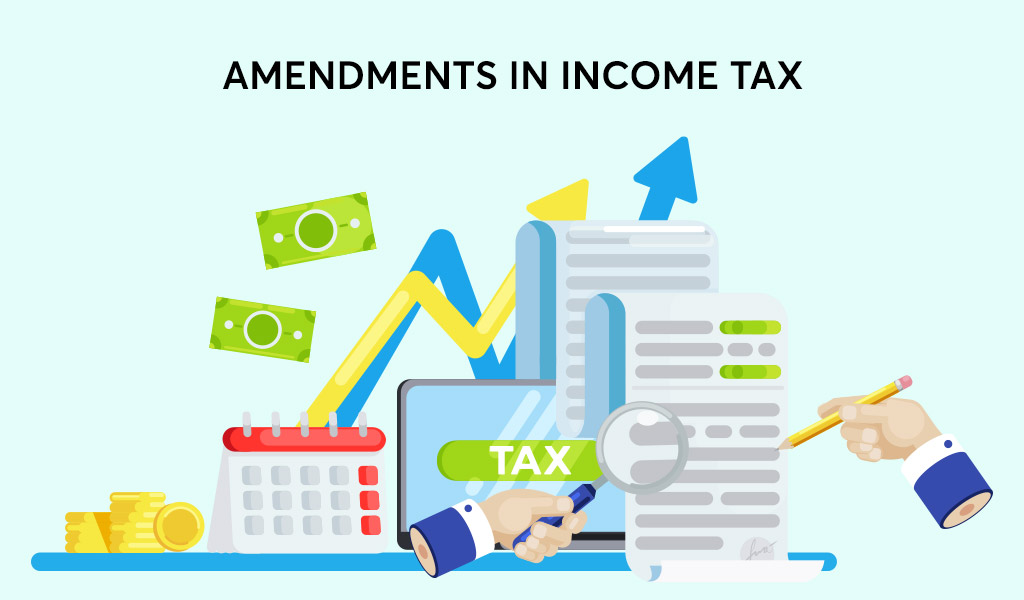
The budget has many reforms and plans for the allocation of resources towards various needs in the country. However, for an average Indian, the verdict of a budget to be a good one or not largely depends on the income tax reforms that are included in the budget. As this is the final budget of this government in its second term, experts believe there will be significant announcements in the direct taxes to attract the average voter. Moreover, the recent statement by Mrs. Nirmala Sitharaman that she understands the pain of the middle class further adds hope to this segment that the budget would include some relief for them. Some of the key expectations in this regard are mentioned hereunder.
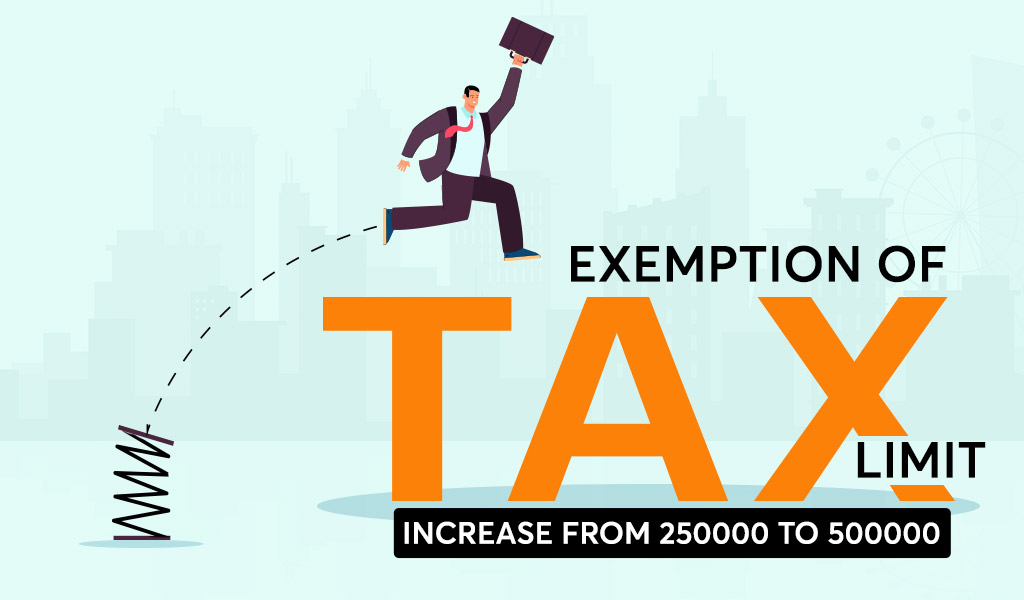
The basic exemption limit in personal taxation is Rs. 2,50,000 which has been constant for many years. The government has contended that the reason for not increasing the basic taxation limit is that this move will lead to excluding many taxpayers who may have nil tax liability but have to file their ITRs. This contention however is hindering in providing relief to small taxpayers. Keeping in view the increasing cost of living and the long-standing request from the taxpayer community to provide some relief to the taxpayers, experts believe that this budget will introduce an increase in the basic taxation limit from Rs. 2,50,000 to Rs. 5,00,000.

Section 80C is the blanket deduction section where taxpayers get relief from their gross taxable income up to Rs. 1,50,000 for eligible investments and expenditures. Many experts believe this deduction is not sufficient and needs a revision to bring it to Rs. 2,00,000 or Rs. 2,50,000. This will ensure that taxpayers can get optimum benefits from different options under the section like the home loan EMI payment, contribution to PPF (Public Provident Fund) or NSC, etc. Experts from the insurance industry also have requested that insurance premiums be kept out of this section and taxpayers should be given an independent deduction under a separate section. This will help in giving a boost to the industry and an added advantage for customers to get insurance.

Section 80D provides a deduction for health insurance premiums paid by the taxpayers for self, their families, or their parents. Industry experts believe this section also needs a revision of deduction limits on account of increased medical costs and the added burden to many families on account of the pandemic. It is therefore proposed to increase the basic deduction limits in this section from Rs. 25,000 to Rs. 50,000 in Budget 2023.
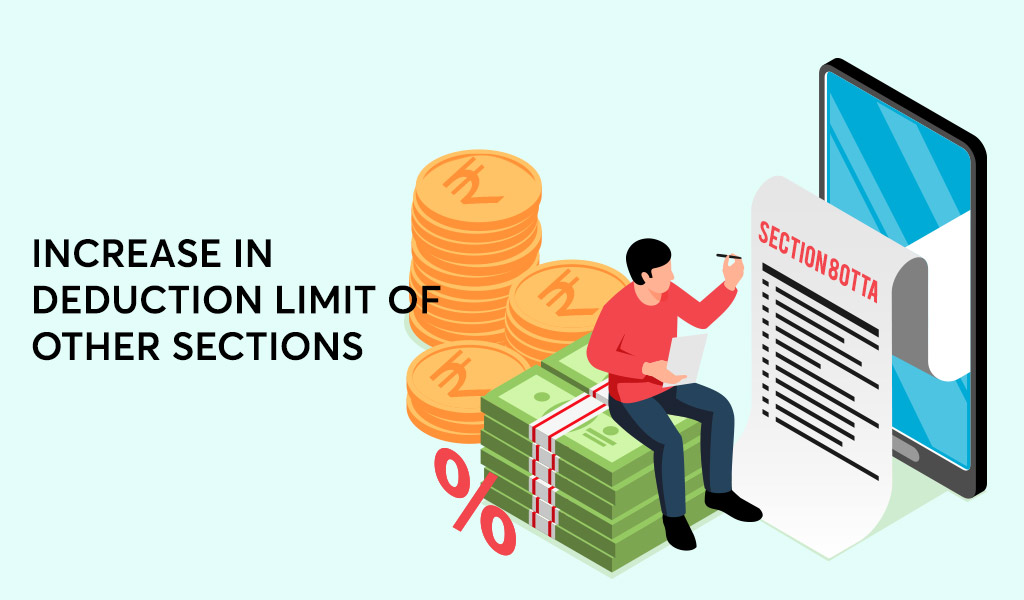
Several other deductions under Chapter VIA also need to be revisited to provide better tax benefits to taxpayers. Section 80TTA provides a deduction for interest earned on savings up to Rs. 10,000. It is proposed to increase this limit to Rs. 30,000 in Budget 2023 at the same time including interest earned on term deposits within the purview of this section. This will significantly help the senior citizens who heavily depend on such passive incomes.
The new income tax regime was introduced in the Budget of 2020 but till date, it has found only a handful of takers. According to a recent report, only approximately 1% of taxpayers have opted for the new tax regime. This lack of acceptance can be attributed to the complexity of the new tax structure under this regime where there are multiple tax slabs and the absence of the usual deductions and exemptions like 80C, 80D, HRA, leave travel allowance, home loan deductions, etc. This defeats the very purpose of introducing this new tax regime and therefore, the government has taken many inputs from various industry experts to incentivise many taxpayers to adopt this new tax structure.

The corporate tax in India significantly contributes to government revenue but also makes India one of the most heavily taxed countries in terms of corporate taxes. With the vision to make India a global business hub, this tax rate needs revision that will aid in further attracting foreign investments and thereby contributing to the economy. Furthermore, corporates in the country are taxed at different rates under various sections which creates an air of confusion for many. Therefore, it is expected that the corporate tax should be slashed to 15% in Budget 2023 and be levied uniformly across various sectors or industries to remove any case of confusion as well as provide these companies a fair chance or a level playing field with their international counterparts.
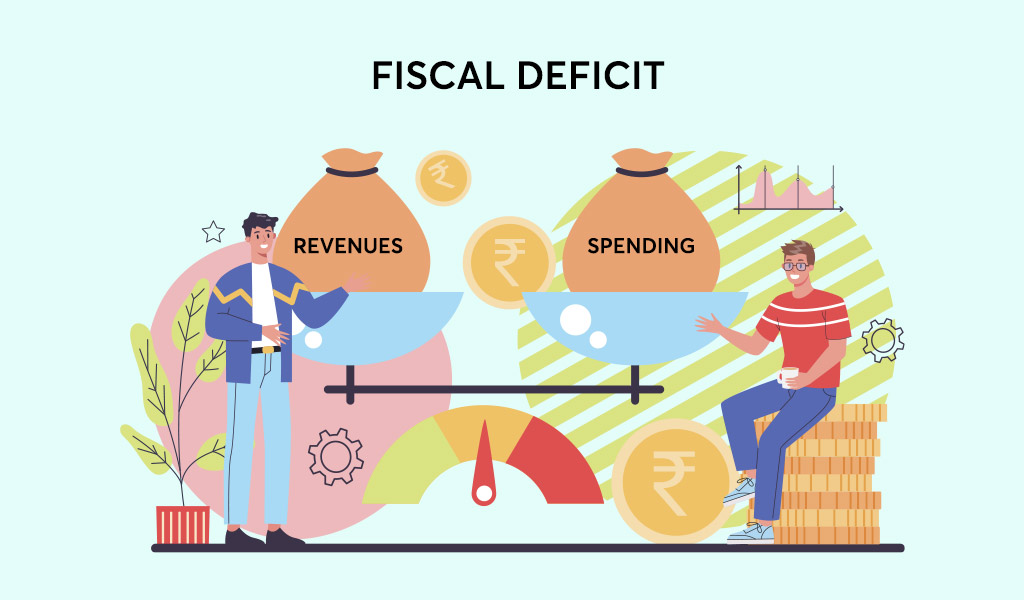 T
T
he fiscal deficit has been a core concern for the government given the current economic situation within the country as well as globally. It has to manage the fair balance between controlling inflation and at the same time boosting growth. India has made significant efforts in this regard and brought inflation to 5.88% in the past month which is finally below the RBI tolerance level in a long time. Goldman Sachs in its report has quoted that India is expected to bring down its fiscal deficit to 5.9% of GDP in the new fiscal year.

Being the last full-year budget of the current term, this budget is expected to have a huge allocation towards rural spending as well as boosting the manufacturing sector and infrastructure in the country. It is expected that this budget will focus on core sectors like power, defence, railways, shipping, etc. to provide long-term benefits to the country. This is also in line with the government's vision of 'Atmanirbhar Bharat' which is touted to be the pathway for growth in the country and ensure economic stability in the long run. It is therefore expected that the government will provide higher allocation to the PLI Scheme and include more sectors in the purview of this Scheme to benefit them.

The real-estate sector has been seeing a slump in demand owing to rising inflation and many contributing factors that have reduced the purchasing power of an average homebuyer. In order to boost demand for real estate, tax exemptions and deductions can be used effectively. Thereby, experts from the industry believe this budget may see an increase in the deductions related to home loans. This includes section 24 which provides a deduction for interest paid on home loans up to Rs 2,00,000 in a financial year. It is proposed to increase this limit to Rs. 5,00,000 which will act as an incentive for homebuyers and boost demand for the sector.
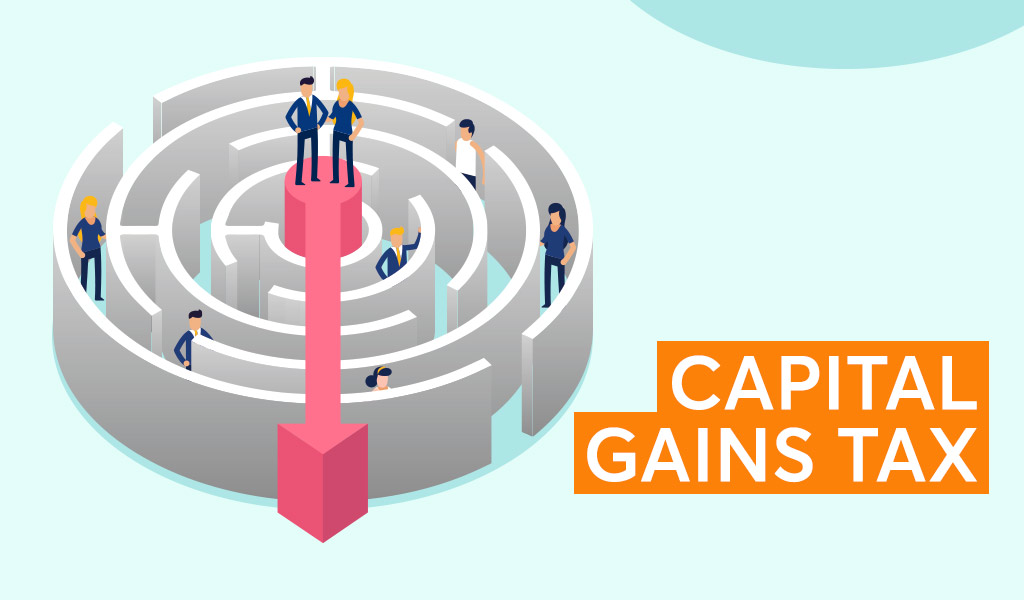
Capital gains tax amendments have been a point of contention in many Budget discussions. This budget too is expected to provide tax relief in terms of making it simpler and clutter-free. Capital gains tax is levied based on the type of asset and its holding period which is again different for different assets. This adds confusion to an average taxpayer as well as complicates the tax calculation process for the department too as the tax rates range from 10% to 30% and the holding period from 1 year to 3 years. In order to avoid such cases, it is proposed that there be a single tax rate and single holding period that would define the gains being in the nature of short-term or long-term gains. Furthermore, the calculation of long-term gains also depends on the indexation factor. This factor needs an update as the last update in this regard was in 2017 when the base year was changed to 2001. A revision of the base year for indexation will help in ensuring the calculation of capital gains tax is more reliable and relevant in today's terms.
A few other significant changes or amendments expected in Budget 2023 are highlighted below.
The standard deduction under section 16 available to all salaried employees is expected to be increased from 50,000 to Rs. 1,00,000 to keep in line with the rising inflation and the cost of living in the country.
The health insurance industry has proposed to lower the GST on medical insurance to make it more affordable in the face of the rising medical costs in the country, especially in the post-pandemic scenario.
The last year’s budget announced the levy of taxes on cryptocurrencies and other Virtual Digital Assets at a flat rate of 30%v treating them in line with income from gambling and horse winnings. However, there needs to be better clarity on the scope of the definition of VDA to avoid any cases of confusion and litigation.
Industry experts are expecting this budget to provide research-based incentives to Pharma, and the healthcare industry to help these industries achieve their target of reaching US$ 130 billion by 2030 and US$ 450 billion by 2047. These targeted incentives will boost the development of the sectors and provide them with a competitive advantage on a global platform in the long term.
The budget is also expected to provide amendment in section 36 of the Income Tax Act which provides employers with a deduction for contributions made by them towards employee NPS account up to 10% of the salary of such employees. However, a contribution made by the Central Government is increased from 10% to 14% and an amendment in section 36 will help bridge the gap and provide clarity.
It is also proposed to increase the PPF contribution limit from rs. 1,50,000 to Rs. 3,00,000 in this budget to provide added benefits in the hands of taxpayers, especially self-employed taxpayers. This increase will further help in boosting domestic savings as a percentage of the GDP and provide an anti-inflationary effect.
The Union Budget is the most sought-after event that has a collective impact on the GDP, domestic and global stock markets, the income of the taxpayers, and the confidence of investors in the economy. Therefore, the Finance Minister has many discussions with various industry experts to understand the expectations of an average taxpayer and the industry stalwarts that can ultimately help them create a budget that can be effective and assertive of the growth path for the country.
Hope this article was able to provide you with good insights into what to expect from this budget. Watch this space to analyse the budget that will be announced on 1st February 2023 and what it actually means for you.
Till then Happy Reading!
Read More: Key Highlights of Budget 2023

After the buzz around the general elections in India had just concluded, the sta...

The Budget Day in India is celebrated as a national event that every citizen awa...

The year 2023 is about to end in a month and it is almost time to set your new ...